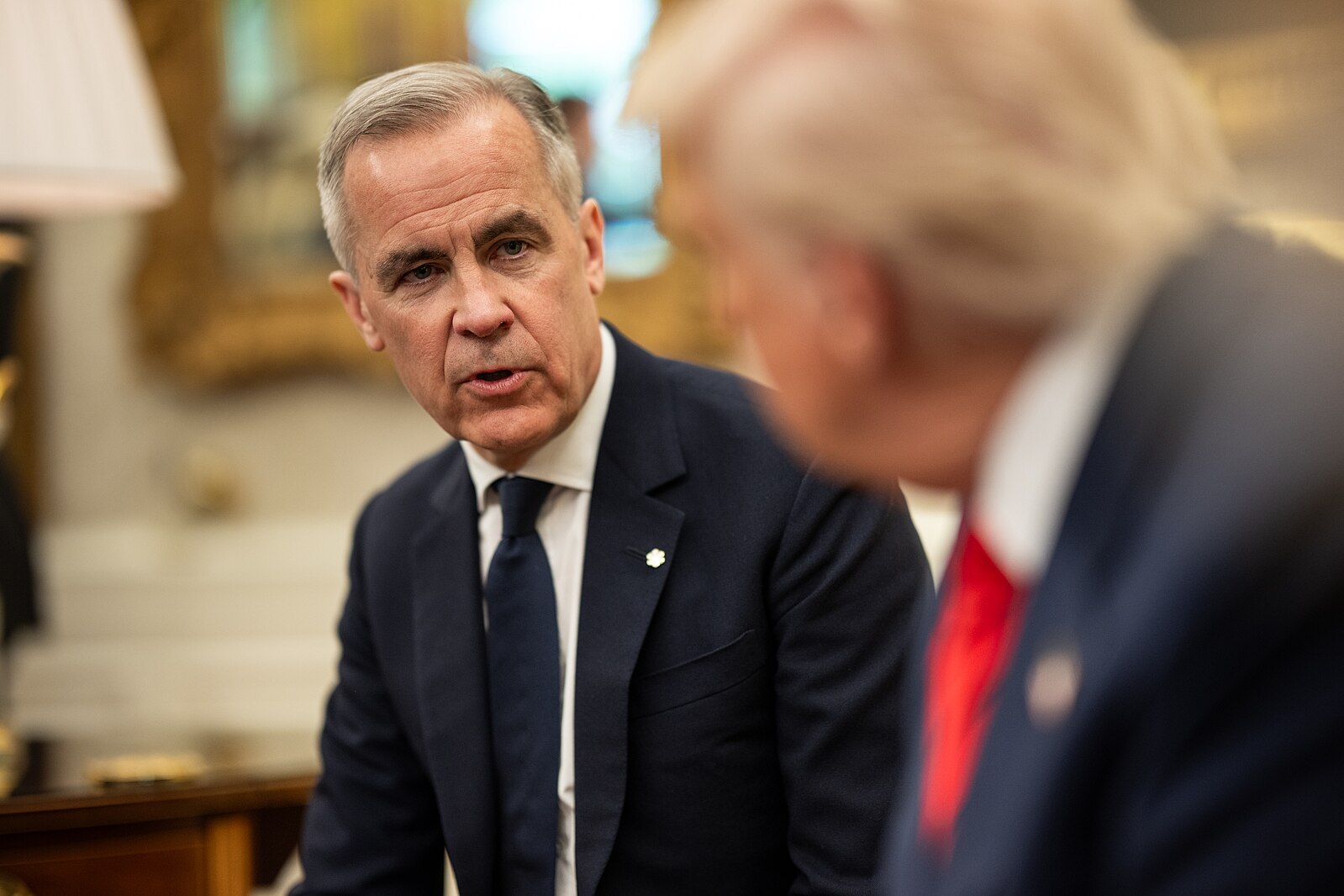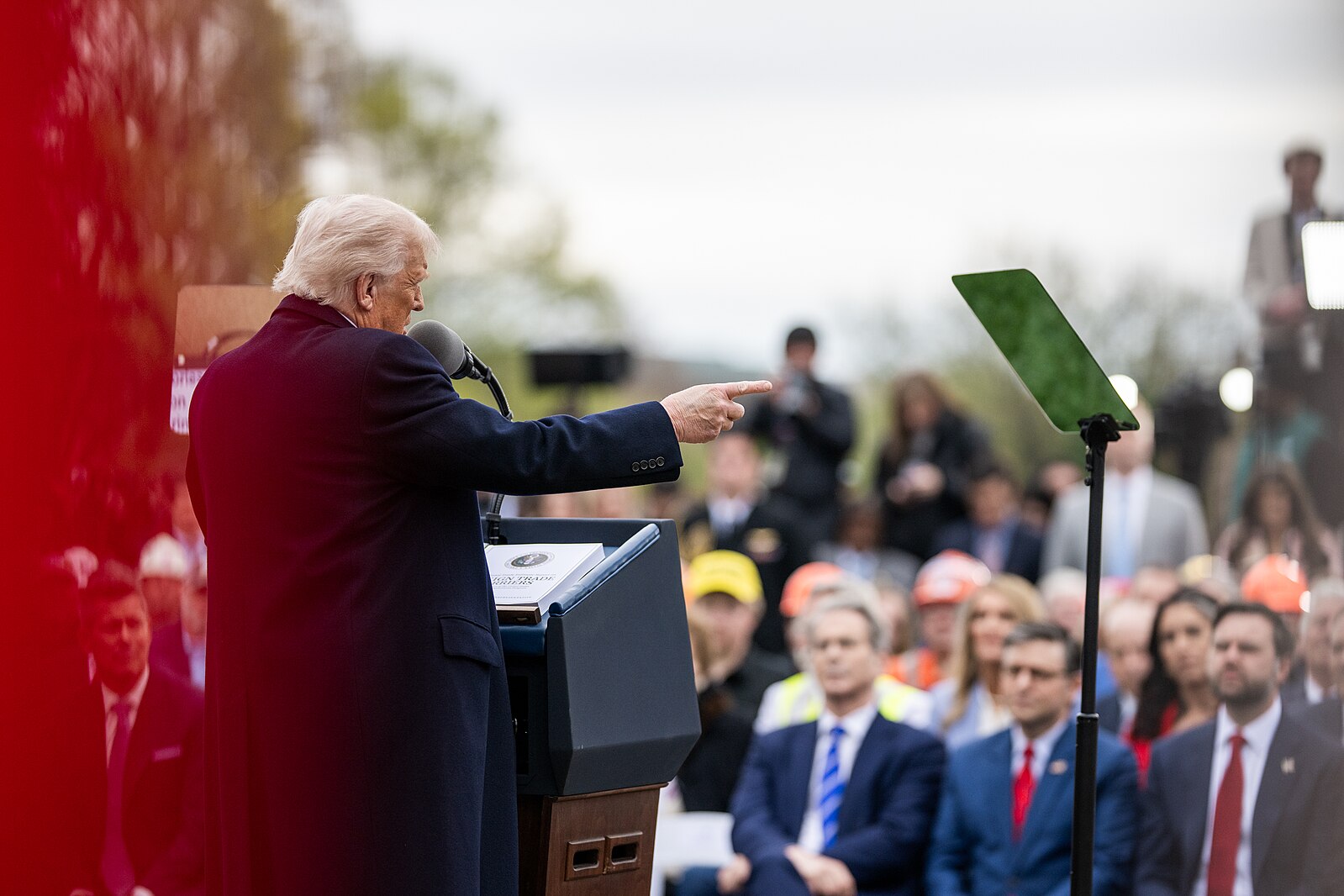World
Canadian Prime Minister: Trump’s Trade War Ends U.S. Economic Leadership
By Jake Beardslee · May 10, 2025

Carney Declares End of U.S. Trade Leadership
Canadian Prime Minister Mark Carney issued a stark warning recently, declaring the end of the United States’ role as the anchor of the global trading system. Speaking at a press conference following Canada’s decision to impose retaliatory tariffs on U.S. auto imports, Carney said plainly: “The system of global trade anchored on the United States … is over.” He added, “The 80-year period when the United States embraced the mantle of global economic leadership … is over. While this is a tragedy, it is also the new reality.” The White House / Wikimedia
Liberation Day Marks Policy Shift
Carney’s remarks come on the heels of President Donald Trump’s so-called “Liberation Day,” announcement in April, a policy pivot that has ushered in a new round of tariffs and economic nationalism. While Trump's administration frames this move as a push for fairer trade, critics warn that the global economic consequences could be severe. The White House / Wikimedia
Carney’s Warning on Trade Shift Reverberates Globally
Carney, formerly the head of both the Bank of Canada and the Bank of England, now leads a G7 country navigating what he described as a profound shift in the global economic order. His comments have echoed well beyond Canada, stoking concern among other world leaders. EU Commission President Ursula von der Leyen and Japan’s Prime Minister Shigeru Ishiba have both warned of consequences resulting from the escalating trade conflict. Policy Exchange / Wikimedia
U.S. Still World's Largest Consumer
The U.S. remains the world's largest consumer market, having imported $3.17 trillion worth of goods in 2023, according to Visual Capitalist’s analysis of World Trade Organization data. By contrast, China, the world's second-largest economy, is a net exporter. As such, the global economy is deeply reliant on American consumption, and susceptible to U.S. trade restrictions. Kaboompics.com / Pexels
Global Economy Vulnerable to Tariffs
Carney warned that President Trump’s tariff strategy could “rupture the global economy.” This warning is backed by recent economic signals: global markets have lost $9.5 trillion in value since early April, and JPMorgan now puts the probability of a U.S. recession this year at 60%. Monstera Production / Pexels
Historical Context and Risk Management
This isn’t the first time the world has faced economic calamity, and financial experts stress the importance of time-tested strategies: building a large enough emergency fund to weather job loss, minimizing discretionary expenses, and maintaining a conservative budget until volatility eases. Kaboompics.com / Pexels